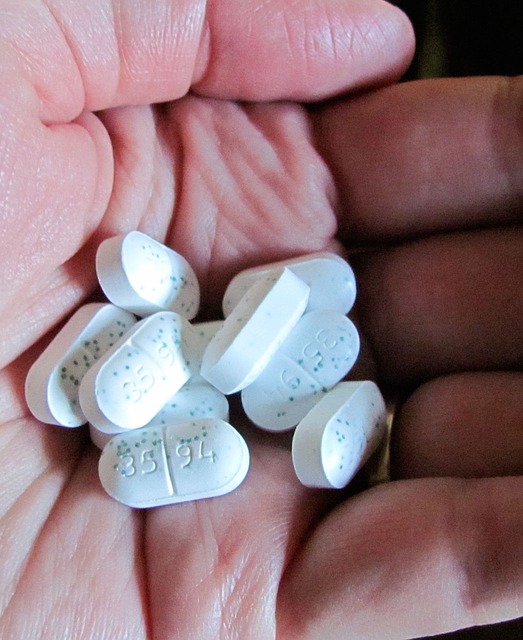Osteoporosis Medications – In Depth Review Of Each Medication

Osteoporosis shows no symptoms of its onset. So, by the time it is diagnosed, the disease has progressed to varied extents in different patients. Hence, an accurate diagnosis dictates which osteoporosis medication is suitable in a condition.
Certain medications have great side affects. All the more, the type of osteoporosis medication prescribed to you also depends on your medical history and the allergies you may have. An in-depth analysis of each osteoporosis medication is required before following the course of a medication.
A Close Look at the Medications for Osteoporosis
Various types of osteoporosis medications are now available in the market. While some help in curbing pain due to osteoporosis others help in reducing the rate of bone loss. While some medications are for menopausal women, some are for the other types of patients like old age people. The various medications for osteoporosis are analyzed in detail below:
- Antiresorptive drugs: These drugs are used to slow down the thinning process of the bones. Some of the drugs that can be categorized as antiresorptive drugs are:
- Bisphosphonates: This is the most common category of drugs prescribed to treat the osteoporosis patients. These drugs are known to inhibit the resorption of bone. The risk of fracture of your bones is also reduced with the usage of bisphosphonates.
Men, young adults and those affected with steroid induced osteoporosis are said to benefit most from bisphosphonates. These organic compounds function by affecting the calcium metabolism. It can be taken in oral form or through intravenous infusions. Its side affects may include stomach upset when taken in oral form. It can also result in nausea and inflammation of esophagus. The most commonly prescribed bisphosphonates are alendronate, risedronate and ibandronate. It also helps to maintain and increase the density of bones. Sometimes these drugs are also referred as biphosphonates or diphosphonates.
- Estrogen Analogs: These drugs are estrogen receptor modulators (SERMS), which works as estrogen in certain tissues and anti-estrogen in other types of tissues. These days only Raloxifene is the only selective estrogen receptor modulator available.
Raloxifene is a selective estrogen receptor modulator. It is taken in oral form and is prescribed only to women. It is not approved for the use among men. Hot flashes may be experienced as a side affect of this drug. Those with a history of blood clots should not use them to treat osteoporosis. Raloxifene exhibits the benefits of the estrogen. It is recommended for both, prevention and treatment of osteoporosis. It is thought to be a useful drug for the post menopausal women.
- Calcitonin: Calcitonin also inhibits the bone resorption. This is effective in case of acute pain due to osteoporosis. It is usually used for the treatment of osteoporosis in menopausal women. This is prescribed mostly only by physicians.
Calcitonin hormone is naturally produced in your thyroid. It inhibits the osteoclastic activity to a great extent. These are man made hormones and if taken orally, they will be digested like food by our body and will not show any affect. They are available in the form of injections. They may also be sprayed into your nose. They are less potent than bisphosphonates.
- Hormone replacement therapy: Estrogen replacement therapy is very popular as a cure for post menopausal women affected by osteoporosis. This therapy is used to replace estrogen in women after menopause and testosterone in men. It is very effective in preventing bone loss.
- Bone Forming Drugs: Bone forming drugs are used to rebuild the bones in osteoporosis. The bone forming drugs available are:
- Teriparatide: Its functioning is very different from the other medications for osteoporosis. It works to stimulate the growth of new bones. Only one dosage of teriparatide is given in a day. The long term affects of teriparatide are still not clear. Hence, the usage of this osteoporosis medication should be restricted.
- Strontium Ralenate: This is a new category of drug. It is known to help in building new bones and, at the same time, inhibit the breakdown of old bones. Its affects are still under study.
- Calcium and Vitamin D Supplements: Calcium is a very important mineral of your bones. You should maintain proper proportion of calcium in your body. The calcium requirements may vary by age, sex, and the status of menopause in women and should be discussed with the physician. These are usually prescribed to old people to prevent osteoporosis. However, these supplements may be taken by anyone to prevent or cure osteoporosis.

You must log in to post a comment. Log in now.